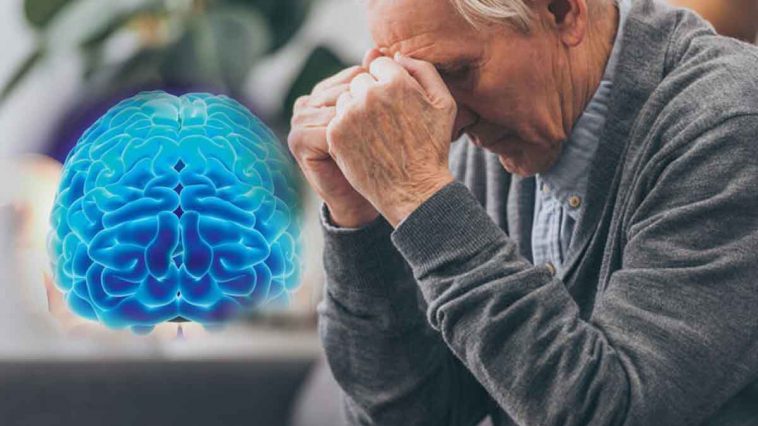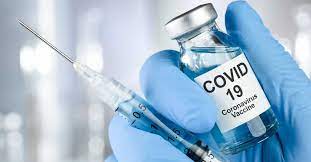Neurologists are professionals who specialize in determining the cause of each patient’s memory loss or cognitive impairment.
Dementia usually first appears as forgetfulness. Mild cognitive impairment (MCI) is the phase between normal forgetfulness due to aging and the onset of dementia. People with MCI have mild problems with thinking and memory that do not interfere with daily activities.
Dementia is caused by damage to brain cells. This damage interferes with the brain cells’ ability to communicate with each other. When brain cells cannot communicate normally, thinking, behavior, and feelings are affected.
Dementia primarily affects memory, while delirium primarily affects the ability to pay attention. Dementia is the result of various diseases and injuries that affect the brain.
In addition to more typical symptoms, such as memory loss, people with this form of dementia may have movement or balance problems, such as stiffness or tremors. Many people also experience changes in their alertness, such as daytime sleepiness, confusion, or absences.
It is advisable to go to a neurology consultation when these warning signs mainly appear: Intense or continuous headache over time. Pain radiating through arms or legs. Loss of sensation in the extremities or tremors.
The signs that we should consider admitting a person with dementia to a nursing home: When the person wanders without reason and untimely, increasing the risk of falls and when their behavior is very altered.
Through the 7-minute test it allows a quick diagnosis, it is one of the most used tests to differentiate normal aging from that caused by dementia and more specifically by Alzheimer’s.
Phases of dementia
- Initial phase: there is mild cognitive impairment.
- Intermediate phase: cognitive impairment is moderate.
- Advanced phase: cognitive impairment is severe and irreversible.
Differences between dementia and Alzheimer’s:
The difference is that, in the case of Alzheimer’s, it degenerates until it causes the person’s death in most cases, while dementia is not a direct cause of death.
How can senile dementia be detected?
- Do you have memory lapses?
- Repeat several times questions such as: Have I eaten yet? What time is it? or what day is today?
- Do you show anxiety or helplessness when faced with easy household tasks?
- Do you get lost or disoriented too often and for no apparent reason?
- Do you change things around?
RECOMMENDATIONS:
- We must help the person remain calm and oriented.
- Help with dressing and grooming.
- Talk and keep her busy.
- Help her remember.
- Patiently manage behavioral and sleep problems.
- Promote activities that are stimulating and that you can enjoy.
Avoid telling an older person
- “Stop it, I’d better do it”
- “Every day you are worse”
- “How can it be that you don’t remember?”
- “It’s not done that way”
- “With the memory that you had”
- “You knew how to do it before”
- “You are not doing your part”
- “It won’t be that bad either”
TREATMENT:
- DonepezilAricept
- GalantamineRazadyne
- RivastigmineExelon.
- The use of supplements such as vitamin B12 and folic acid over a period of two years in adults could enable better short- and long-term memory functioning.
- The clock test: The clock test evaluates a variety of cognitive functions, such as verbal command understanding, memory, spatial coding knowledge, and construction skills. The test is based on asking the patient to draw a clock with all the hours and the hands marking a specific time. To do it correctly you must order the numbers, draw the dial and place the hands in the indicated position.
Font:
https://www.serproen.cl/2018/10/que-medico-consultar-por-alzheimer/
https://walnus.com/que-especialistas-tratan-la-demencia-senil/
https://www.mayoclinic.org/es/diseases-conditions/dementia/diagnosis-treatment/drc-20352019






